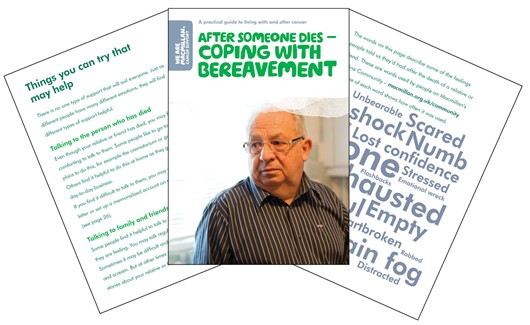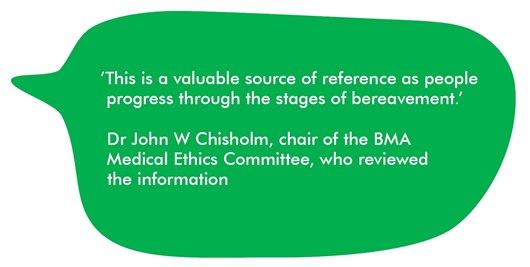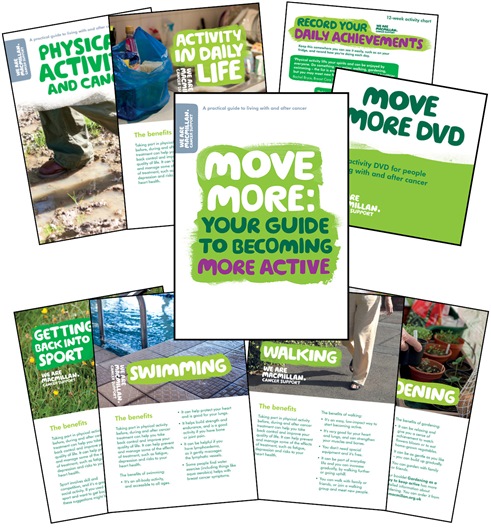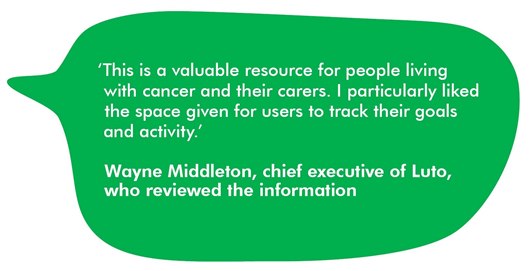We were thrilled to win two awards this week at the British Medical Association’s (BMA) Patient Information Awards. In this blog, senior editor Tess explains what the awards tell you about our information.
What do the awards mean?
The BMA gives out awards for patient information every year. We are very proud that our information has won BMA awards and been highly commended before, and this year two of our resources won first-place prizes.
The BMA has strict criteria for who can win awards. It only gives awards to organisations that have done the following four things:
We do these things for all of our information. That means you know you can trust it. You can read more about how we produce our information.
What did we win the awards for?
Information about bereavement

Our booklet After someone dies – coping with bereavement won the BMA’s Special Award for Ethics. The booklet is for the relatives and friends of anyone who has died from cancer. It covers:
You can order a free copy of the booklet. You can also read the information online.

Information about getting active

Our guide Move more: your guide to becoming more active won the BMA’s Special Award for Self-care. The guide explains how to start doing more physical activity. It covers all the steps to becoming more active:
You can order a free copy of the pack. You can also read the information online.

To see what else Macmillan's cancer information team has been blogging about, please visit our blog home page! You can subscribe to receive our blogs by email or RSS too.
We're with you every step of the way
The Macmillan team is here to help. Our cancer support specialists can answer your questions, offer support, or simply listen if you need a chat. Call us free on 0808 808 00 00.
Comments? Feel free to add them below (you need to be logged in).
Keep in touch Follow Macmillan’s cancer information team on Twitter @mac_cancerinfo
Whatever cancer throws your way, we’re right there with you.
We’re here to provide physical, financial and emotional support.
© Macmillan Cancer Support 2026 © Macmillan Cancer Support, registered charity in England and Wales (261017), Scotland (SC039907) and the Isle of Man (604). Also operating in Northern Ireland. A company limited by guarantee, registered in England and Wales company number 2400969. Isle of Man company number 4694F. Registered office: 3rd Floor, Bronze Building, The Forge, 105 Sumner Street, London, SE1 9HZ. VAT no: 668265007